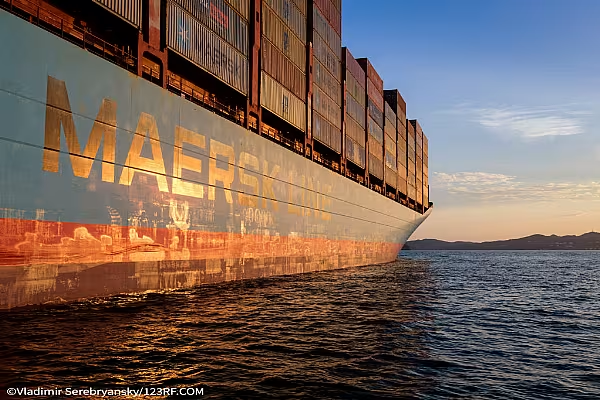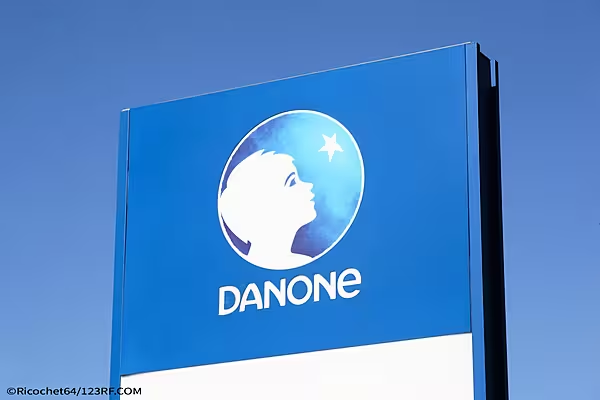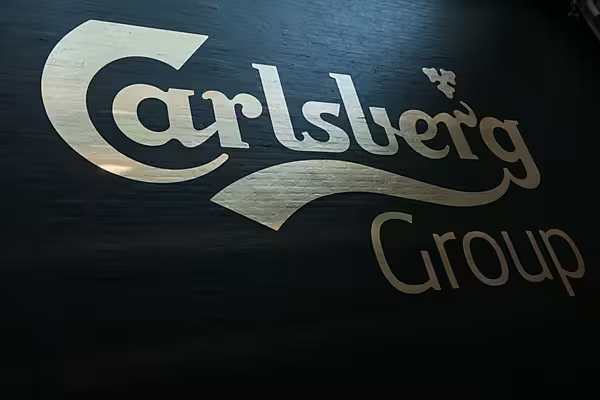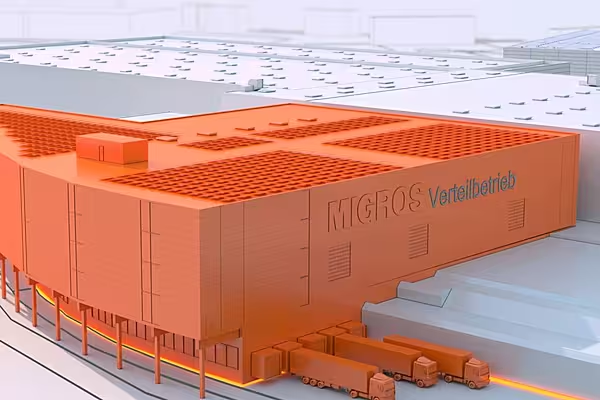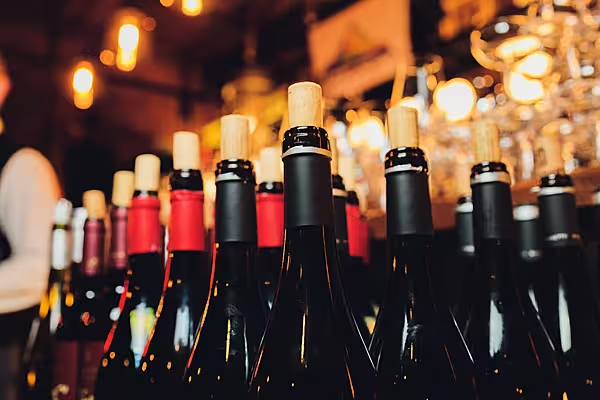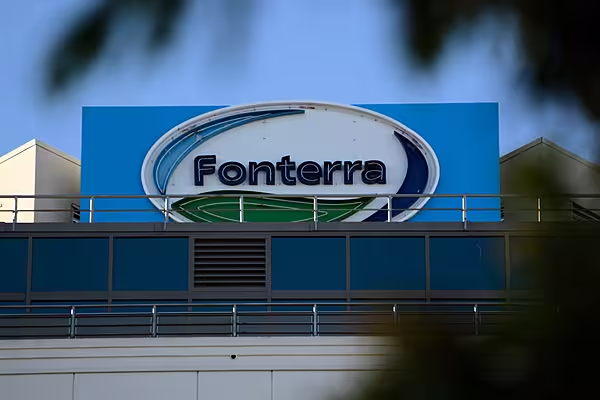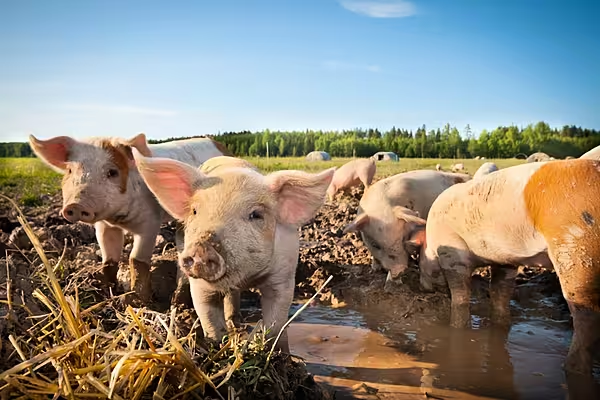French food giant Danone has teamed up with Maersk to reduce greenhouse gas (GHG) emissions, with the help of the latter’s decarbonisation product, ECO Delivery Ocean.
ECO Delivery Ocean is based on reduced GHG emission fuels, such as bio-diesel or bio-methanol, and produced solely from waste feedstocks for use on vessels across Maersk’s fleet.
With the use of ECO Delivery Ocean, Danone’s GHG emissions are expected to reduce by more than 40%, compared to conventional fossil fuels, Maersk added.
The partnership between Danone and Maersk will also include inland transport solutions and dedicated control towers, for smooth logistics operations at all times.
In October, the Danish shipping group raised its full-year forecasts on the back of strong third-quarter results, robust demand, and the continuing disruption to shipping in the Red Sea.
‘Decarbonisation Strategy’
Jean-Yves Krummenacher, global chief procurement officer at Danone, stated, “The ECO Delivery Ocean product and its reduced greenhouse gas emissions align well with our decarbonisation strategy to focus primarily on alternative fuels and multimodal transportation.
“Maersk is an important partner, and using their product to reduce CO2 emissions on sea freight marks yet another step in our decarbonisation journey.”
Danone has pledged to achieve net-zero emissions by 2050 and aligned its pathway to net zero with the Science Based Targets initiative (SBTi).
Maersk aims to reach a net-zero target by 2040 and is the first shipping and logistics company that has a pathway to net zero approved by the SBTi.
Emilio de la Cruz, area managing director of South-West Europe at Maersk, stated, “The swift reduction of greenhouse gas emissions is at the core of both our companies.
“Well-known companies like Danone can act as a beacon in their industries by using effective levers to decarbonise their supply chains. We are proud to be Danone’s trusted partner in this important task.”
A recent study revealed that Scope 3 emissions, resulting from activities by producers and manufacturers along value chains, as well as the energy consumed after the purchase of a product, account for 98% of total emissions in European retail and wholesale.
